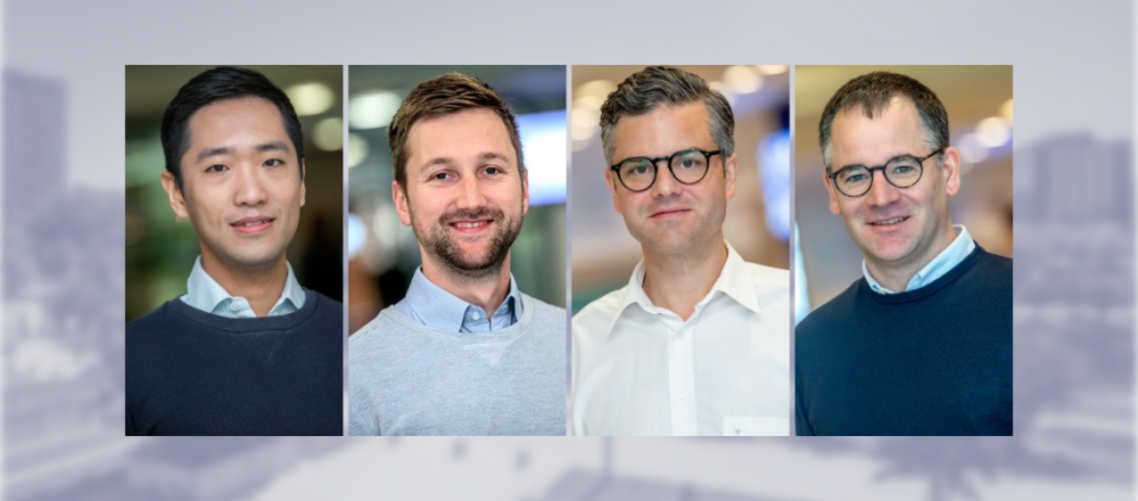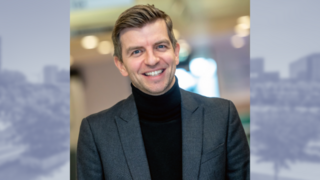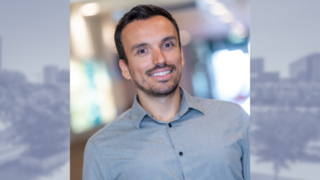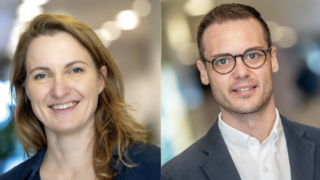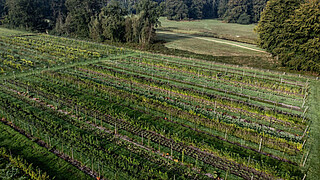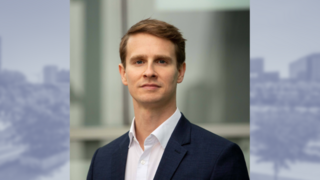The funding comes from NWO’s Open Competition XS project, which is aimed at a broad group of researchers at relatively early stages of their academic careers, and gives scope for experimentation and innovation. Each grant supports a year’s research, and is designed to bring quick scientific insights. A total of 81 such grants have been awarded to researchers at universities around the Netherlands.
The four projects to receive the NWO grants are:
Universities, talent mobility, and entrepreneurship
Thomas Lambert, an associate professor from RSM’s Department of Finance, plans to examine how global talent mobility impacts entrepreneurship. He will use Dutch graduate data from the past 20 years, including unique data from applicants to MBA programmes, to examine the extent to which staying in, leaving, and returning to the Netherlands post-graduation influences Dutch entrepreneurial dynamism. His research will inform the ongoing debate about the economic implications of internationalisation in Dutch universities.
Bridging the gap: the role of green lending in climate-proofing homes and insurance resilience
Guosong Xu, an associate professor in RSM’s Department of Finance, will examine the impact of government green lending policies on household climate-proofing investments and insurability. By constructing property-level data that links green lending participation to home improvements in the face of increasing economic losses from natural catastrophes and disappearing insurance coverage, he hopes his project will shed light on whether green lending programmes help close the ‘energy efficiency gap’ and enhance natural catastrophe insurance. The findings will contribute to informing climate policy, and offer insights into the effectiveness of green financing in mitigating climate risks.
Corporate political risk and ESG: insights from earnings calls using large language models
Robin Döttling, an associate professor in RSM’s Department of Finance, will examine how firms navigate political risk in a polarised world and how this interacts with their environmental, social, and governance (ESG) performance. The project will use large language models (LLMs) to analyse earnings call transcripts (the written records of company discussions about financial results with investors and analysts) to quantify firms’ political risk exposure and stances. Linking this data to financial and ESG metrics means the researchers can assess how firms with different ESG profiles perceive and communicate political risk in response to shifts in the political landscape, such as the rise of populist movements with anti-ESG agendas.
Futures in flames: organizational future-making and rebuilding in post-wildfire Los Angeles
Emanuel Ubert, an assistant professor in RSM’s Department of Strategic Management and Entrepreneurship, will examine how climate disasters sometimes spark deeper urban transformations. His project will examine how social movement organisations and real-estate incumbents negotiate competing visions for more equitable housing after the recent wildfires in Los Angeles by looking at an urban rebuilding case. He aims to reveal how their interactions shape the rebuilding agenda, and identify when crisis moments can genuinely open windows for ‘desirable futures’. The findings will offer practical strategies for policymakers and urban stakeholders for harnessing opportunities for more inclusive, long-term housing transformations after disasters.
There’s more about RSM researchers, their work, and its real-world impact on RSM Discovery.
